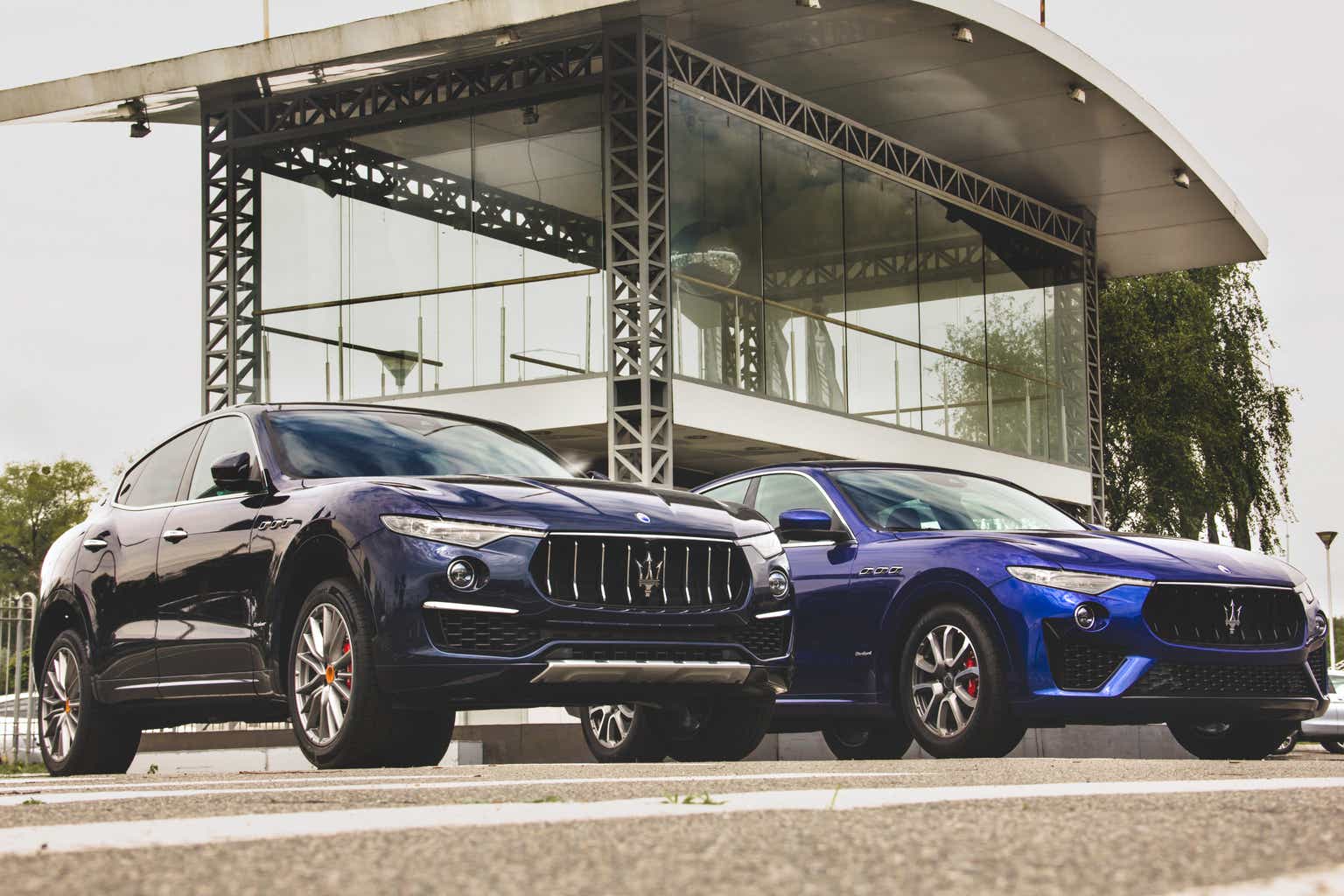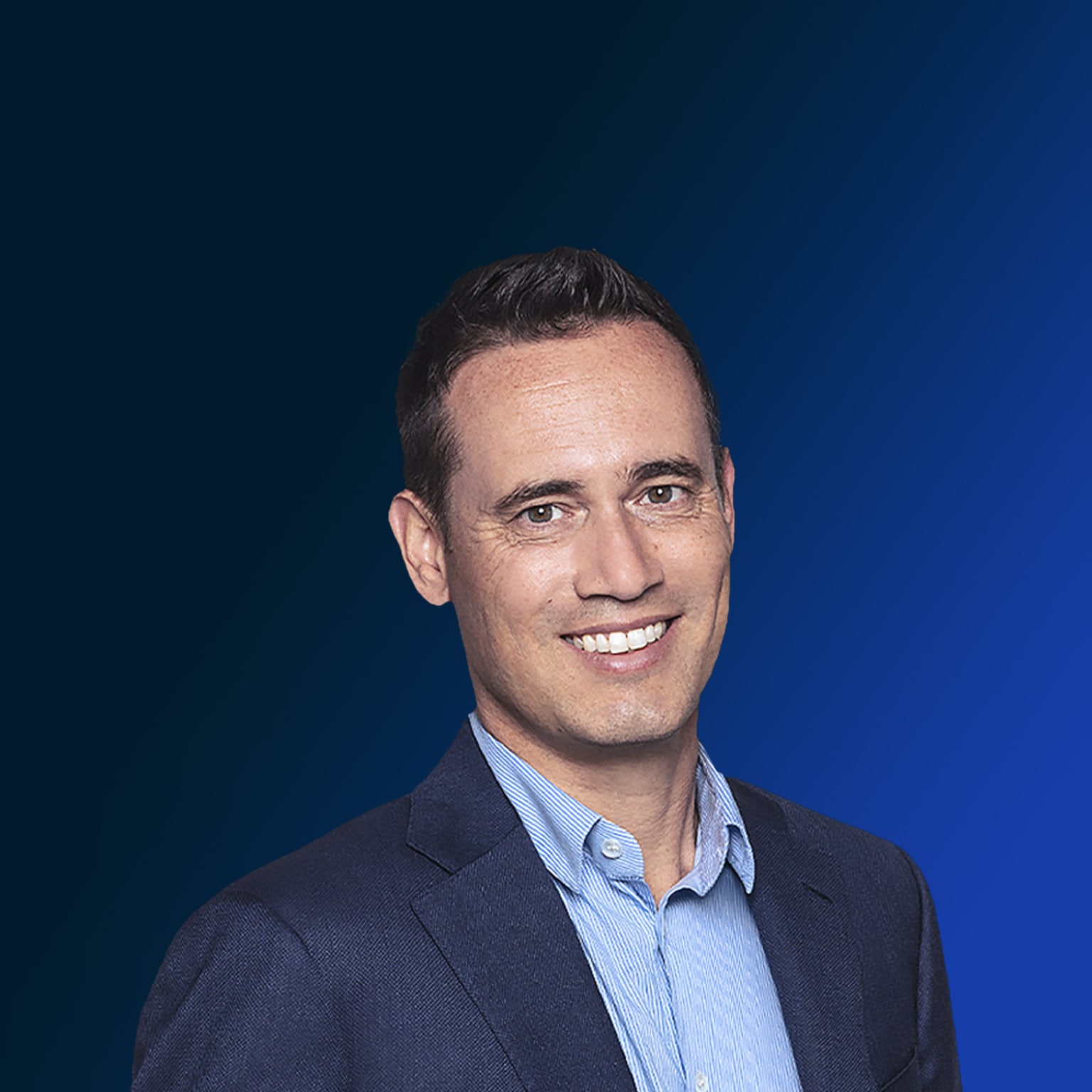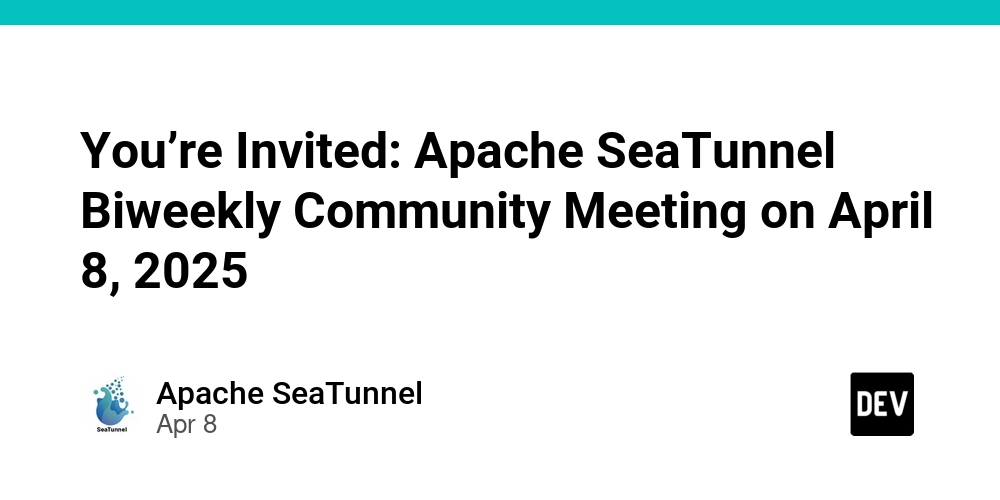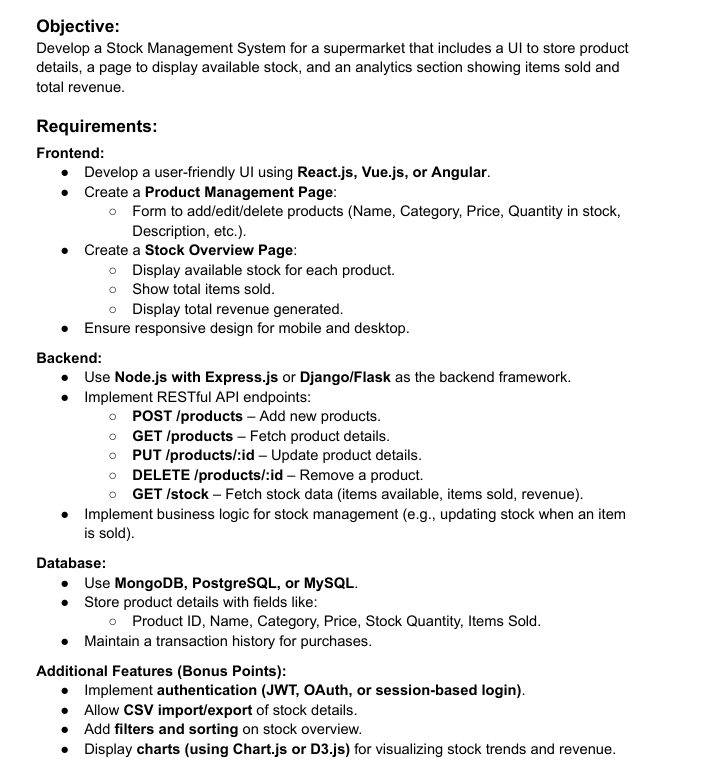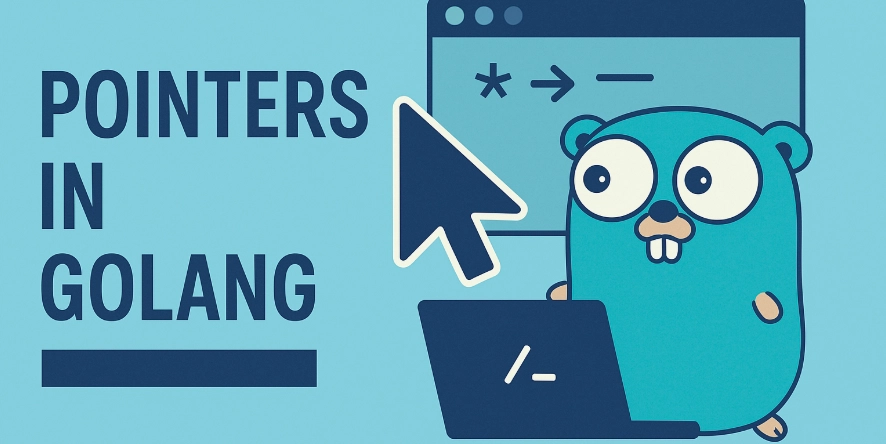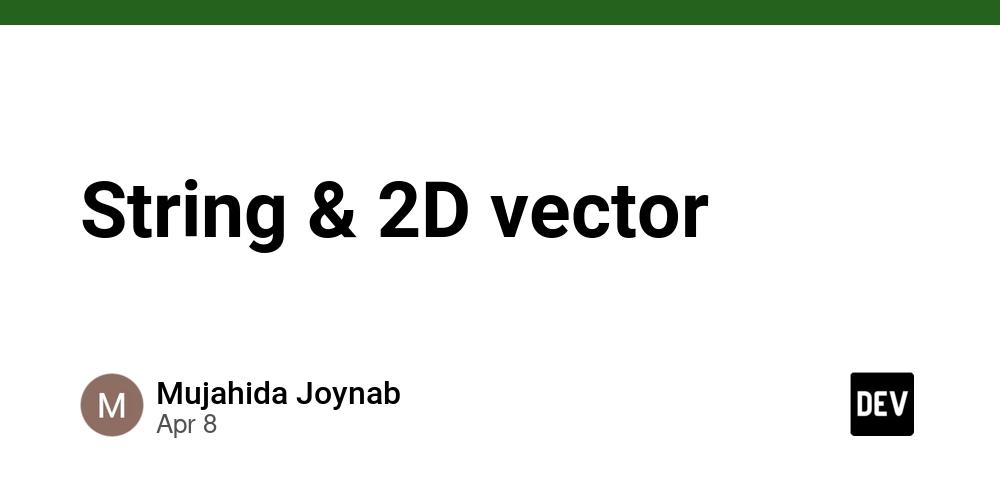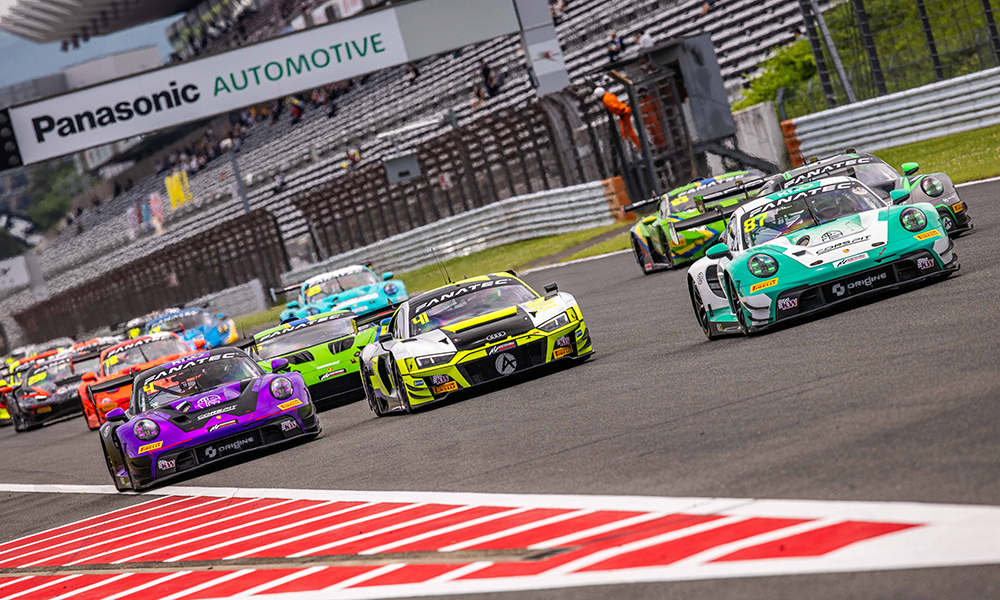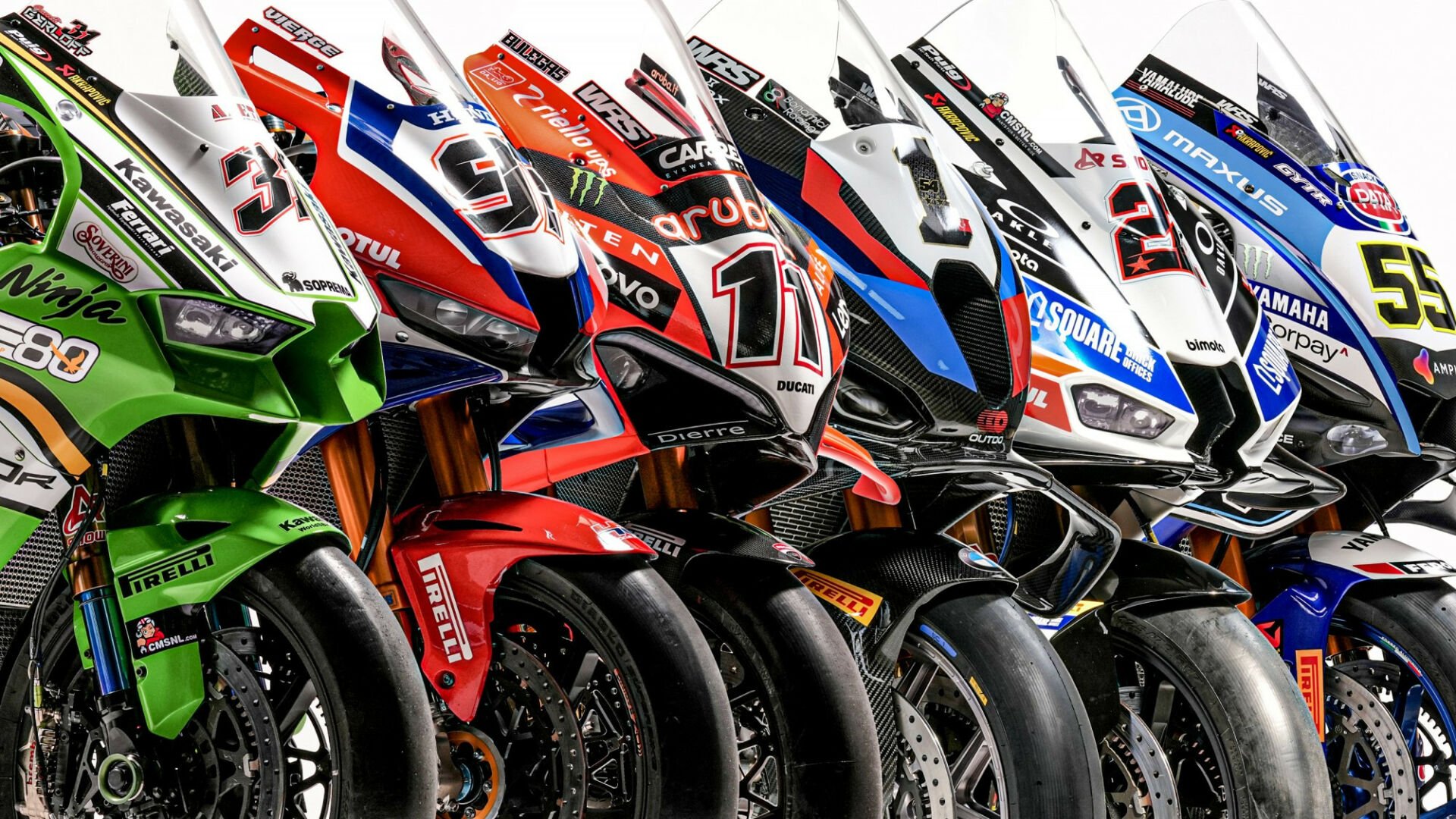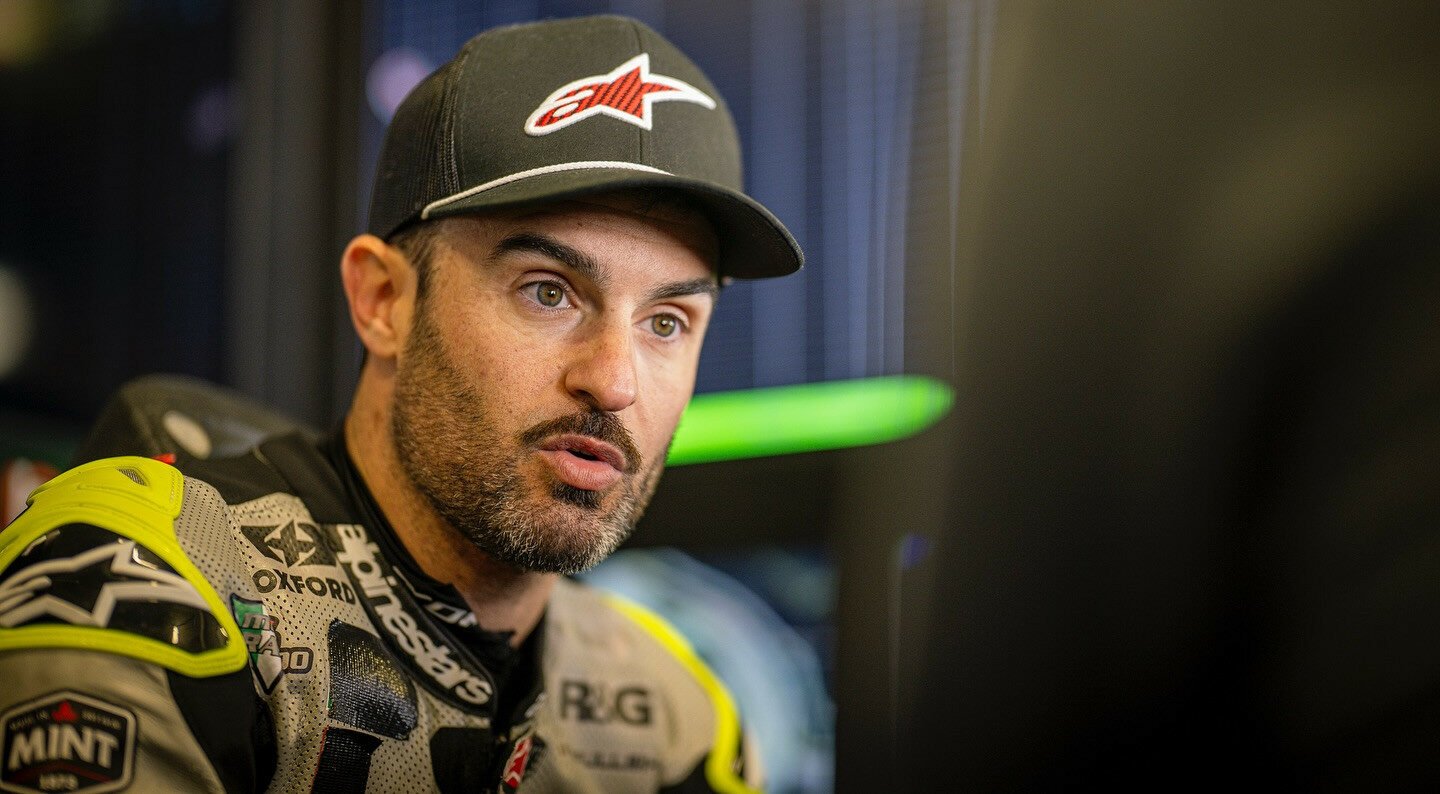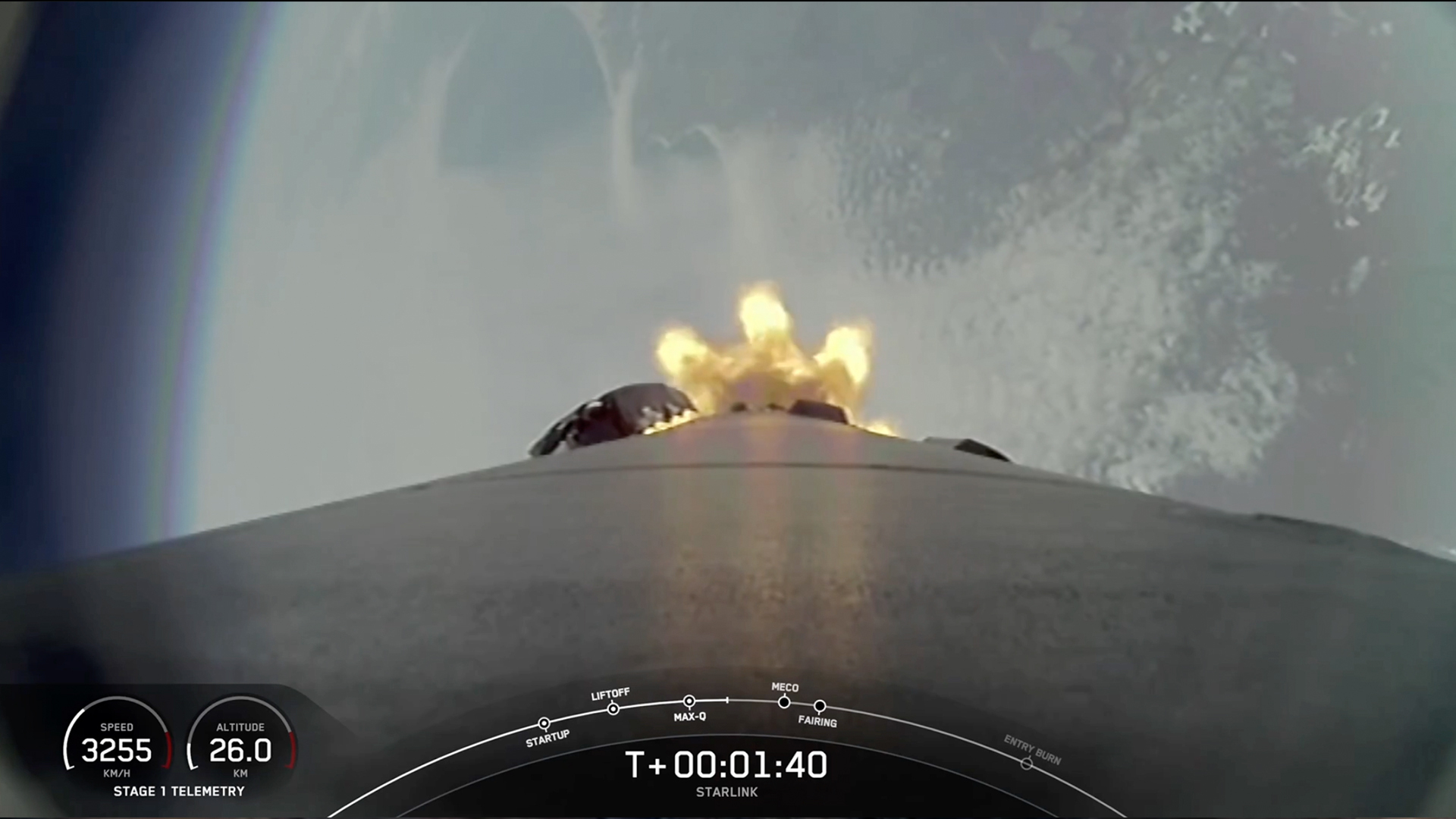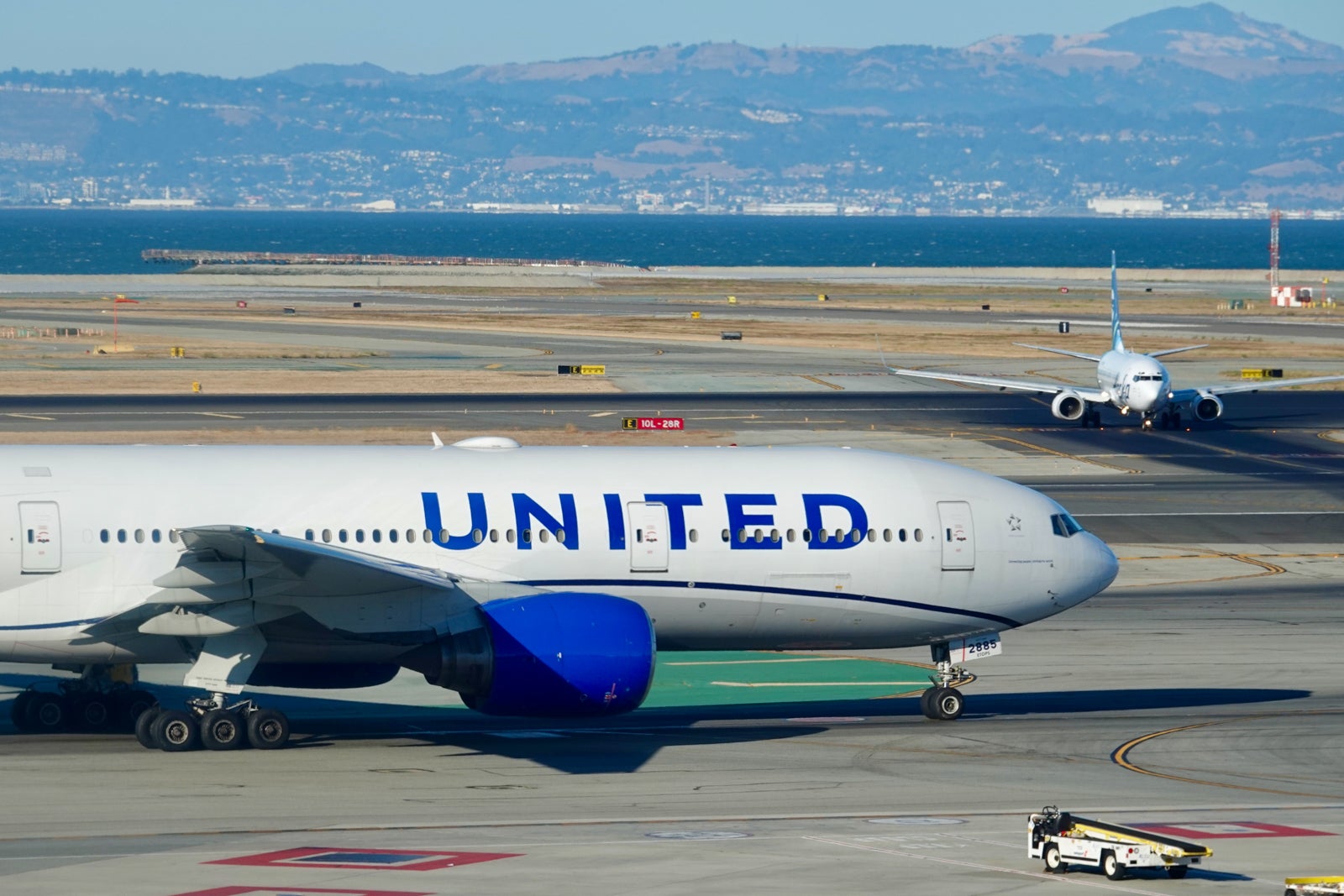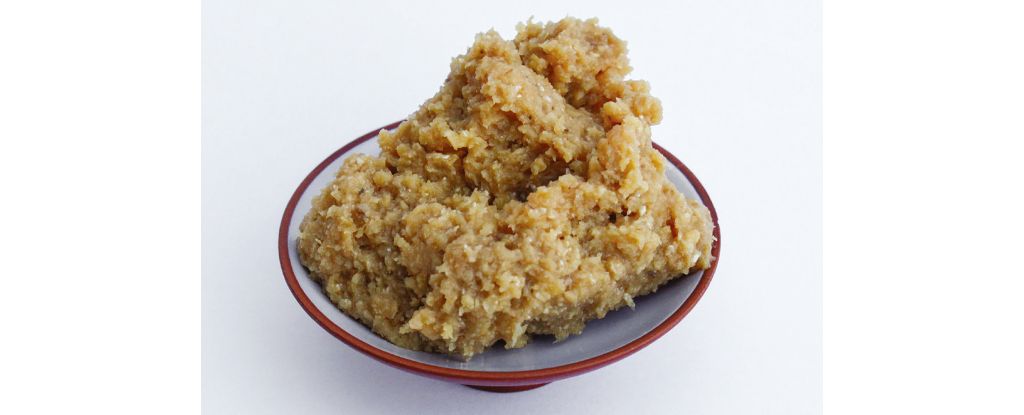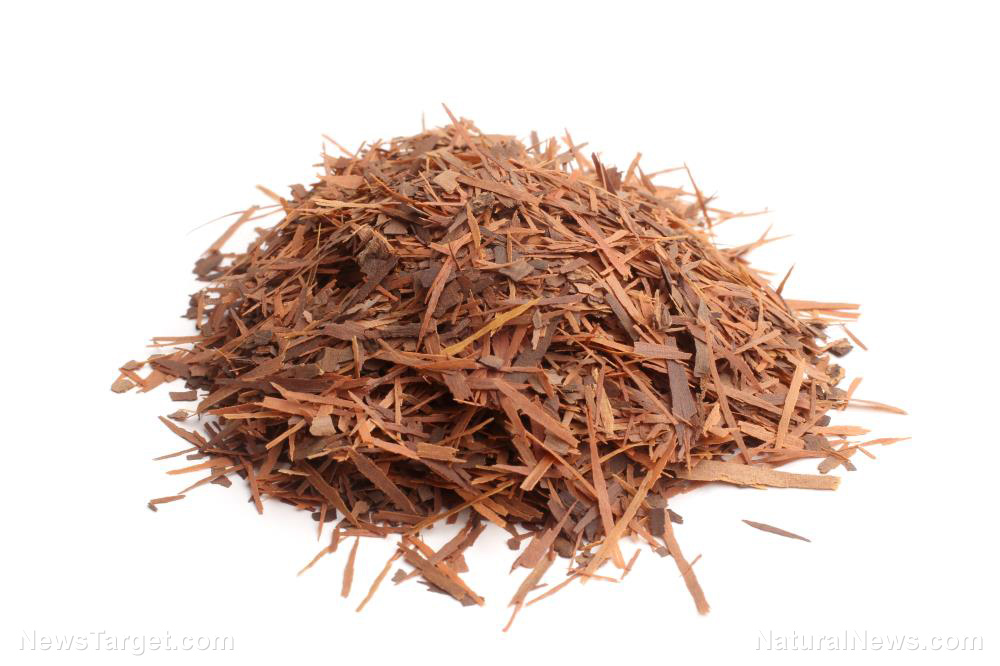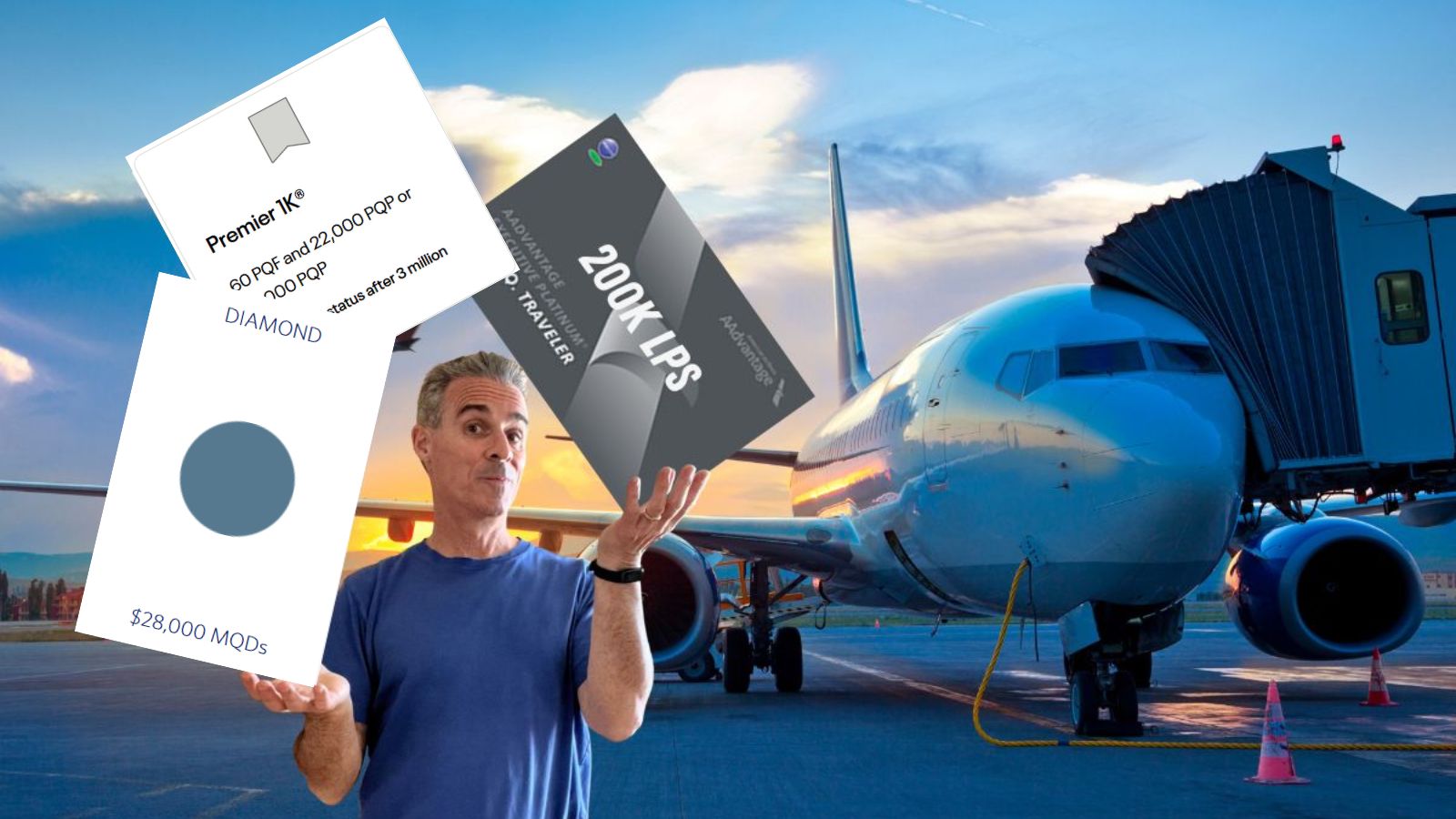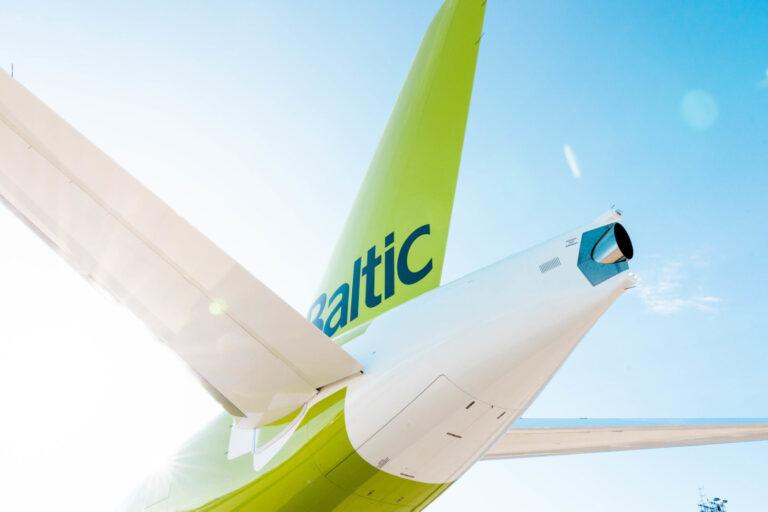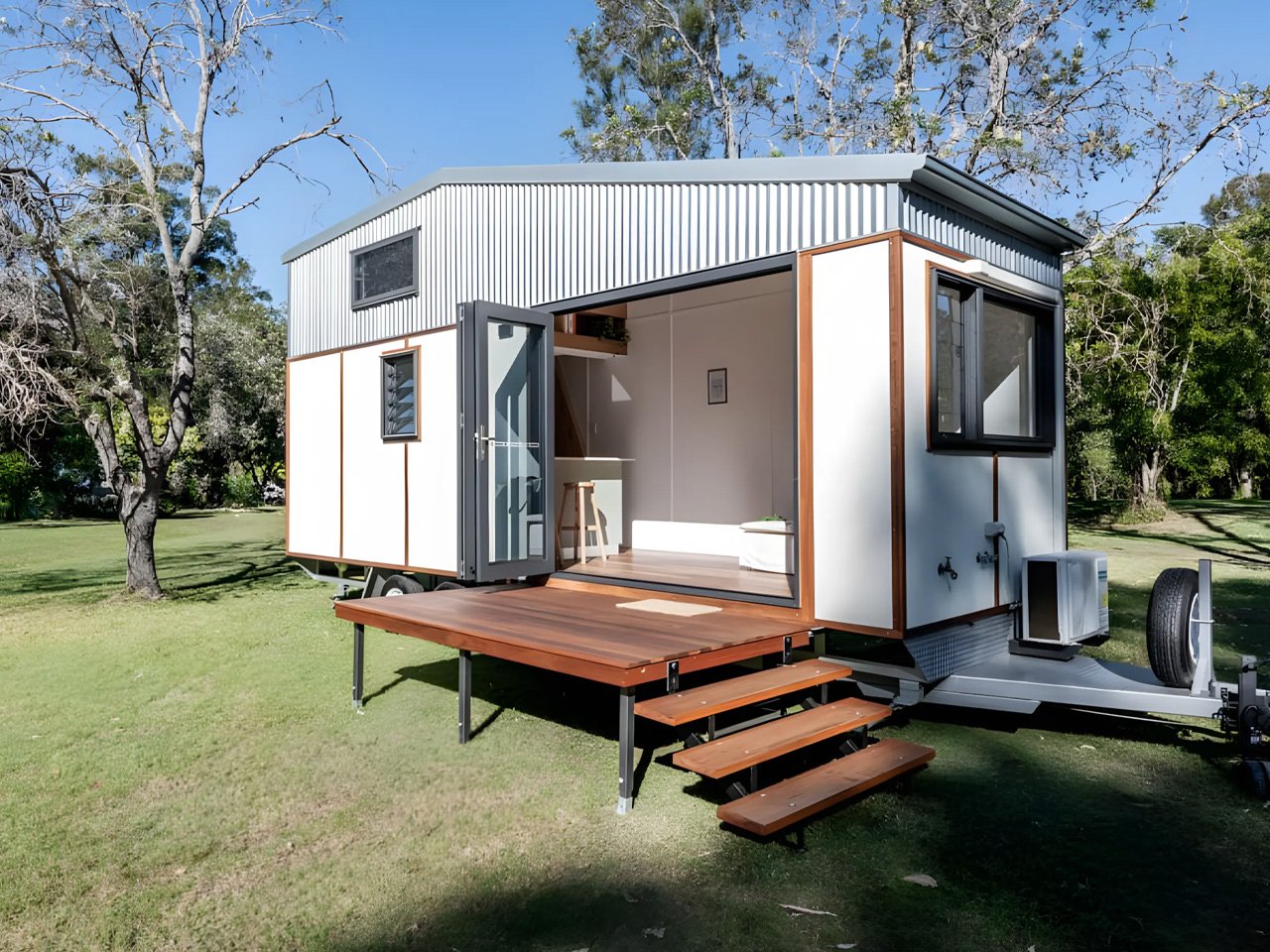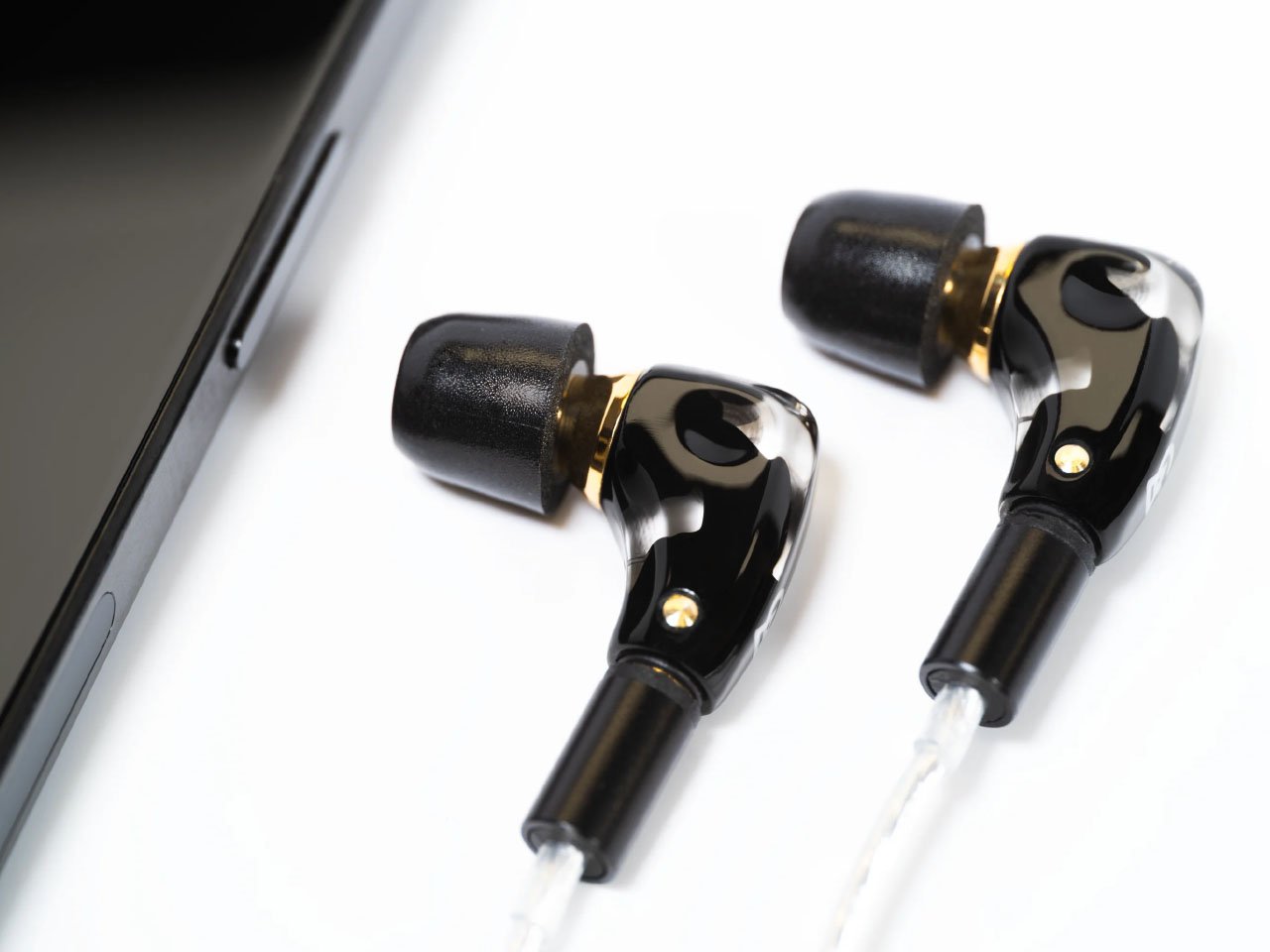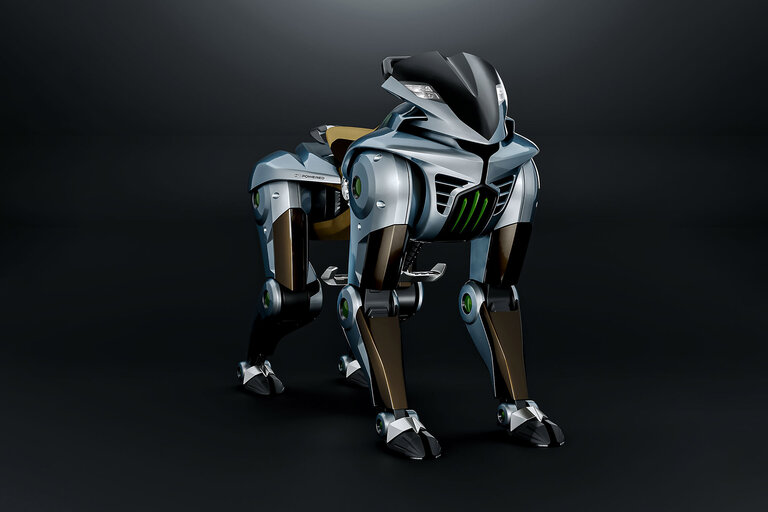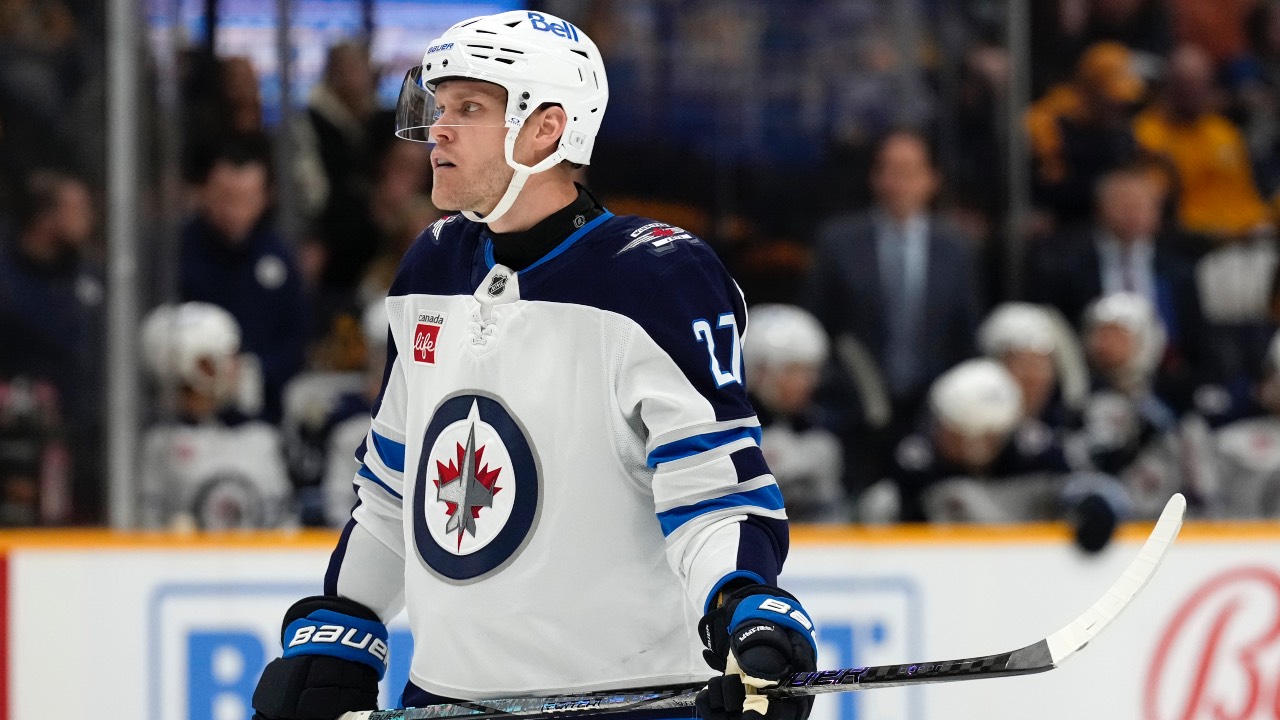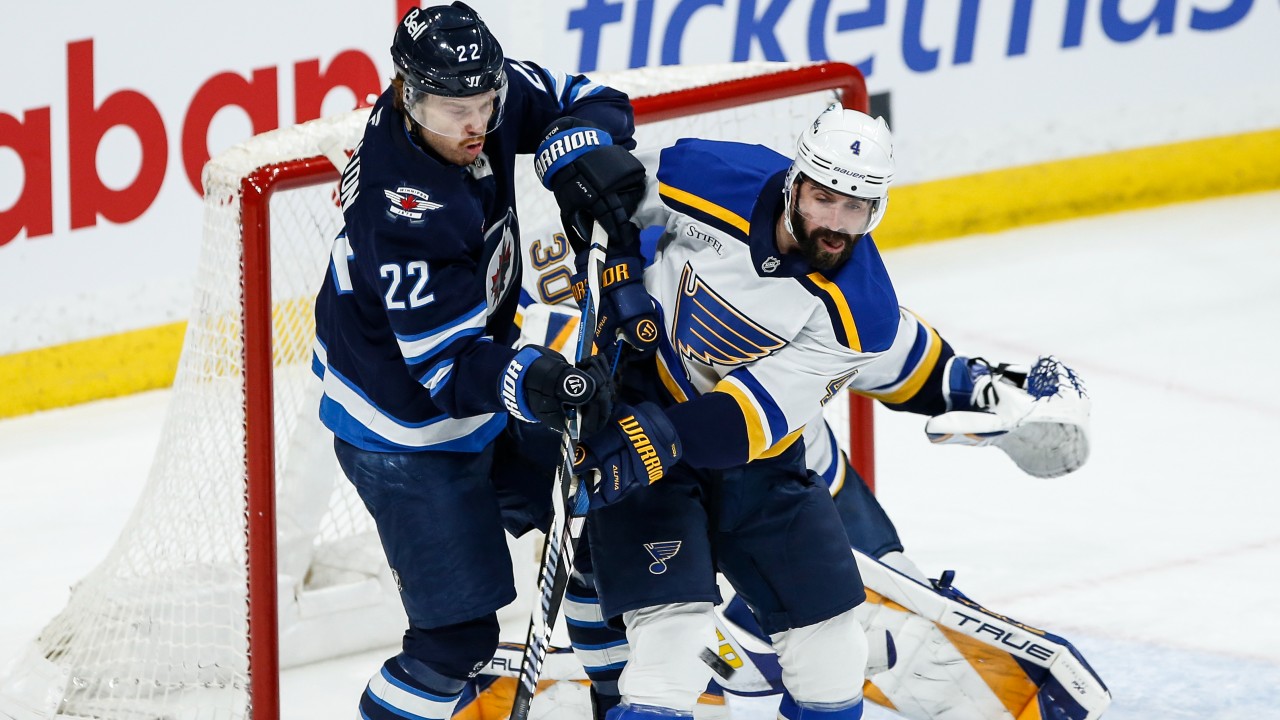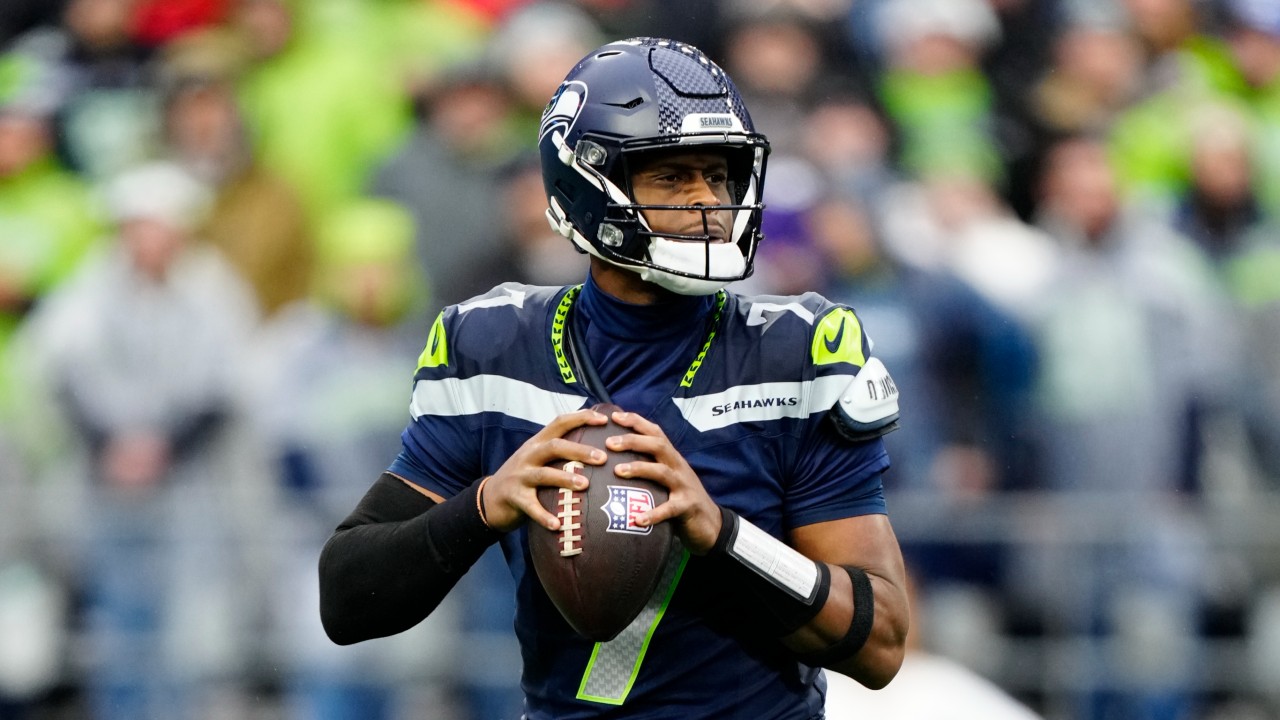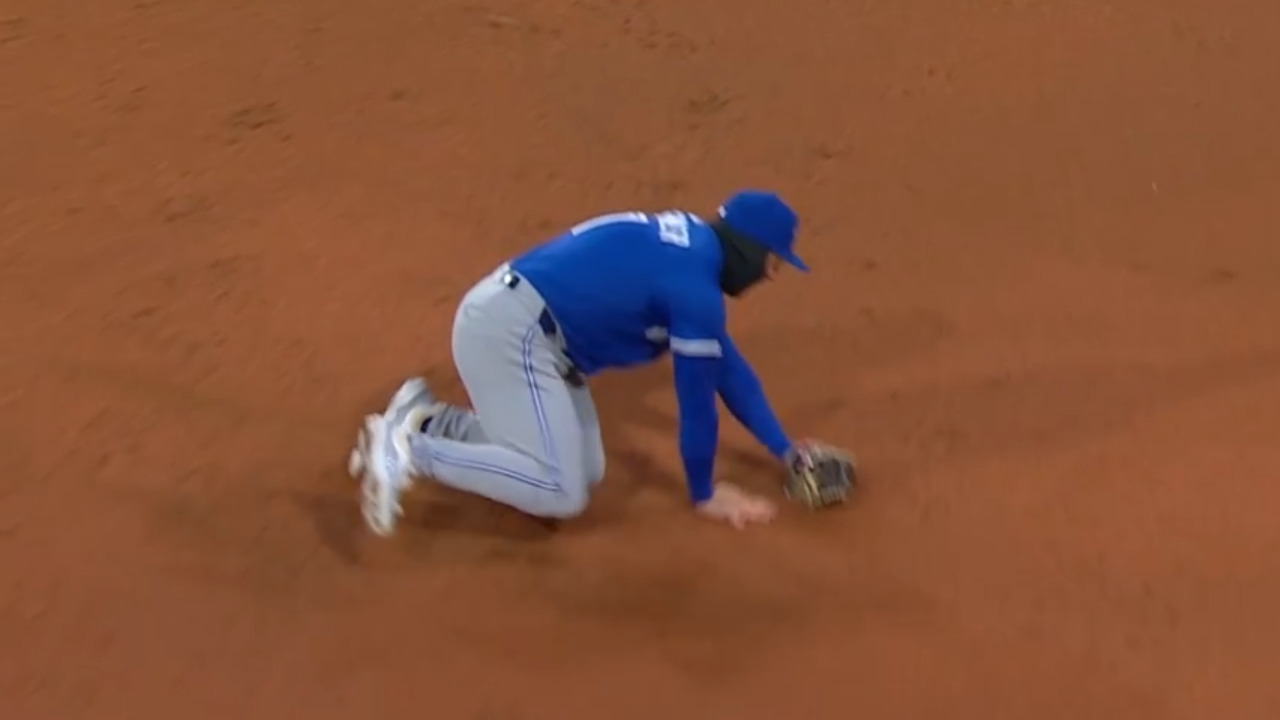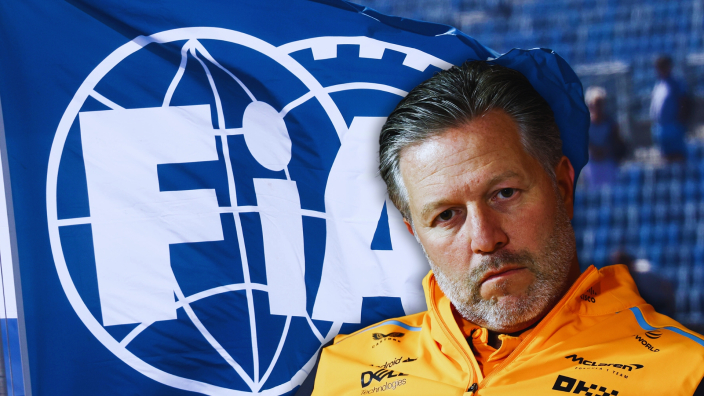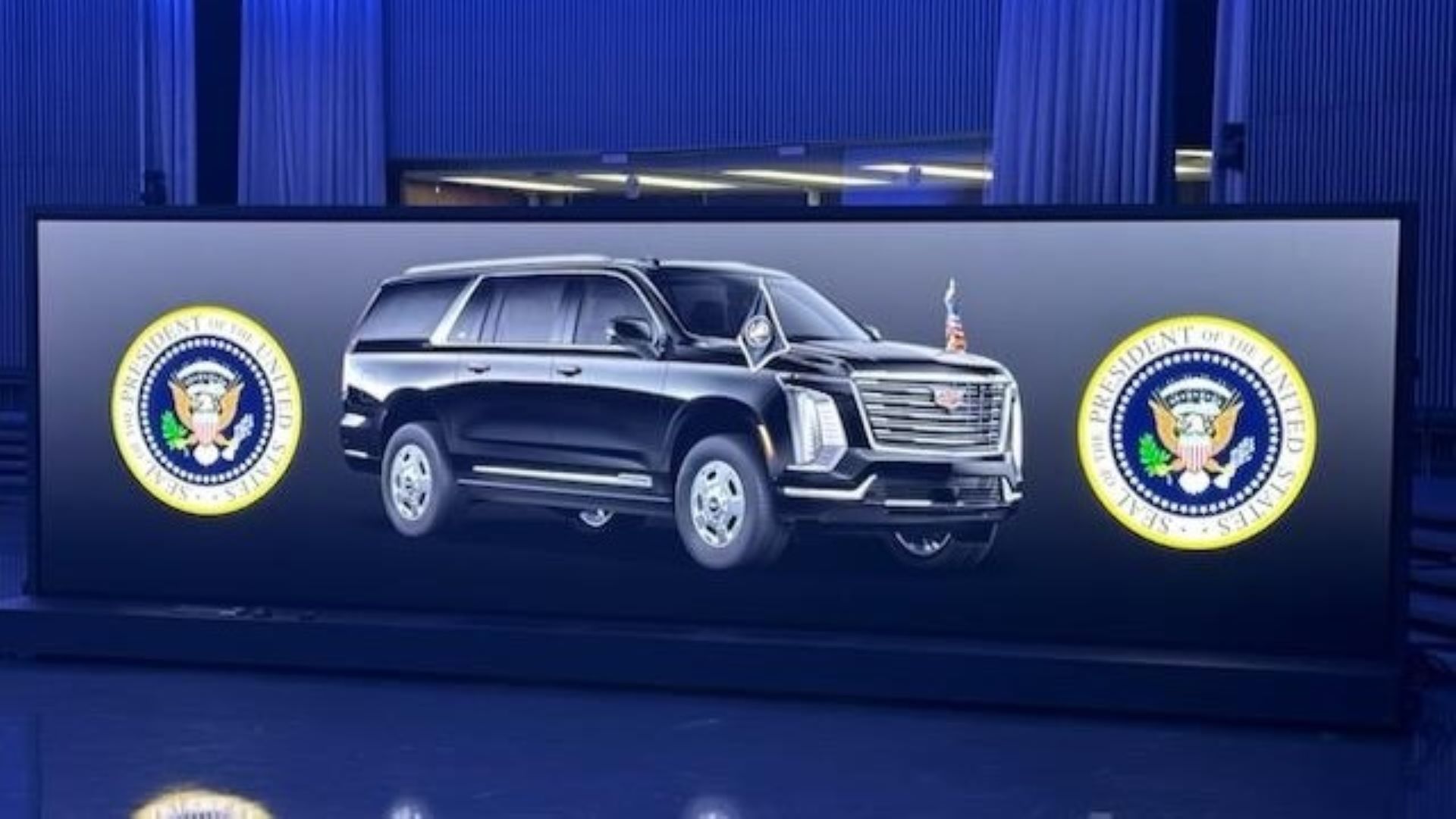How might global tariffs affect IndyCar teams?
Penske Entertainment and the small business owners whose teams compete in its IndyCar Series are keeping an eye on new import tariffs (...)

Penske Entertainment and the small business owners whose teams compete in its IndyCar Series are keeping an eye on new import tariffs created by President Donald J. Trump that went into effect last week. The interest stems from the spec car used by IndyCar, which is made almost entirely outside of the United States.
With a 10 percent baseline tariff implemented for all imported items, plus larger nation-specific tariffs in place, costs are expected to be driven upwards for the American open-wheel series if the new tariff policy is deployed as a long-term strategy.
Among the array of big and small global suppliers, Penske’s official chassis partner is based in Italy, where the Dallara DW12 IndyCar is made. Dallara’s U.S. hub in Speedway, Indiana, is responsible for some smaller manufacturing contributions to the car, but new DW12s and most its spare parts hail from Italy and are subject to a new 20 percent import tariff. O.Z., a popular IndyCar wheel vendor, is also located in Italy. BBS, the other popular brand of wheel, is from Germany and has the same 20 percent import surcharge.
Holland’s Empel makes the motor generator unit for IndyCar’s hybrid system. Austria’s Pankl fabricates the titanium halo used on the mandatory aeroscreen driver protection device, and like Italy and Germany, these members of the European Union share the same 20 percent tariff applied to their wares.
A common choice among dampers is from Canada; hand-made exhaust systems ship from the U.K., seat belts are inbound from a range of global suppliers, along with a long list of other DW12-related pieces that arrive from worldwide locations.
And with the creation of a new IndyCar chassis in the works by Dallara for introduction as soon as 2027 — with many of the same vendors from the E.U. — tariffs and their potential short- and long-term effects are a hot topic of discussion in a series where a growing number of teams are struggling to keep up with rising costs.
“The situation is being monitored to assess potential impacts,” a Penske Entertainment executive told RACER. “It’s clearly fluid and too early to draw solid conclusions.”
The timing of the new tariffs do not pose an immediate concern for Ed Carpenter, who co-owns Ed Carpenter Racing, or the rest of the IndyCar paddock.
With a standard purchasing cycle in which most of the significant orders are placed during an offseason that runs from October through February, new DW12s and stockpiles of spare parts for 2025 were bought prior to the arrival of new tariffs. But moving forward, the same orders could come with elevated pricing. “I’m not losing a ton of sleep over it just yet,” Carpenter told RACER. “Obviously, it’s in the news, and I can’t say that we’re seeing or feeling an impact yet – not to say that we won’t. You can never plan for everything, definitely not things that are that are fully outside of our control. It’s going to be interesting to see how it plays out, what impact it has in our space.
“From my standpoint, a lot of what we do, from season planning and inventory, you build up early in the season and then you use your parts. So in a lot of cases, by the time we get geared up for Indy (in May), we’ve built up an inventory that then gets used through the year. Obviously, that can change if you have some misfortunes and have to replace more than what you anticipated. In that regard, we’re somewhat protected from the onset just by how our budget cycles always tend to be a little front-loaded with our buying. I think that provides some layer of protection without planning for (tariffs).”
Meyer Shank Racing co-owner Mike Shank, who also competes in IMSA with a factory GTP program, is one of four IndyCar entrants preparing to contend with tariffs across two series.
Along with the Italian DW12, MSR’s Acura ARX-06 GTP cars are produced in Europe, made by ORECA in France. The Andretti Global-owned Wayne Taylor Racing team sources its Cadillac V-Series.R from Dallara, which also supplies BMW M Team RLL’s BMW M Hybrid V8, and Team Penske’s Porsche 963 is a product of Canada with its chassis from Multimatic and its engine from Germany. Many of the same international sub-componentry vendors found in IndyCar are involved with outfitting GTP cars’ spec or original equipment.
With annual racing budgets locked in before the start of each season, Shank says he and the other team owners will need to adapt to the changes ahead and the respond to any new financial needs of the companies that fund his programs.
“In general, we’ve had a huge drop in the Dow and all of our companies that are doing things with us are listed companies,” he said. “The uneasiness is not helpful right now; tariffs, obviously, are part of that uneasiness. My personal belief is we’ll get through this and we’ll move on, but it is not awesome, right? And yeah, we have to have planning for what if A, B, or C happens in regards to cash flow and how we’re going to get through this. “Everybody’s going to be dealing with the same thing. Because it doesn’t matter whoever you are, if it’s a company or even from the auto manufacturer’s standpoint, they’re all going to call at some point and say, ‘Hey, what can we do to tighten this up?’”
Asked if teams like MSR hold a portion of their budget in reserve to handle unforeseen financial spikes, Shank laughed.
“I think you’re giving too much credit to teams, to be honest with you,” he said. “I don’t think a lot of teams have slush funds, but I do think a lot of teams have credit lines that are going get flexed at some point. In today’s economics, a slush fund is not super possible, even on these big manufacturer deals on the IMSA side.
“You’re having to ham-and-egg it a bit. You sign a contract to do it for X amount, and that’s how it needs to happen. You can go back and talk about it a little bit with your deal maker there, see if you have some kind of common ground, if you can come to some flexibility in the case of the tariffs. But it goes both ways for us and them. You look at ORECA as an example. That’s where we get all our IMSA cars from. It’ll be interesting to see what happens.”
Since the first DW12s were manufactured and imported in 2011, more than 100 IndyCar chassis have been made at Dallara’s vast production facility in Italy. A similar number of new cars are expected to be created when the DW12 is replaced, and with that volume in mind, expanding Dallara’s Indiana base to handle a larger portion of its IndyCar manufacturing could be worth considering in light of the tariffs. In RACER’s request for comment, Penske Entertainment declined to address the question.
“I think it’s something we can all talk about,” Shank said. “You know, they have a giant markup on our parts. So my conversation at Long Beach is, they’re gonna have to give some of that up to not affect the teams, because it’ll crater teams.”
The Ohioan hopes to find a middle ground that works for Dallara and the IndyCar paddock.
“Let’s be fair – to profit is not evil,” he said. “Everyone has a right to it, so it’s just the excessiveness problem, right? And if we’re going to have tariffs now to deal with, the teams just can’t keep taking this punishment. Especially in IndyCar. The meat of that profit maybe needs to fall off a little bit in times of crisis.”





